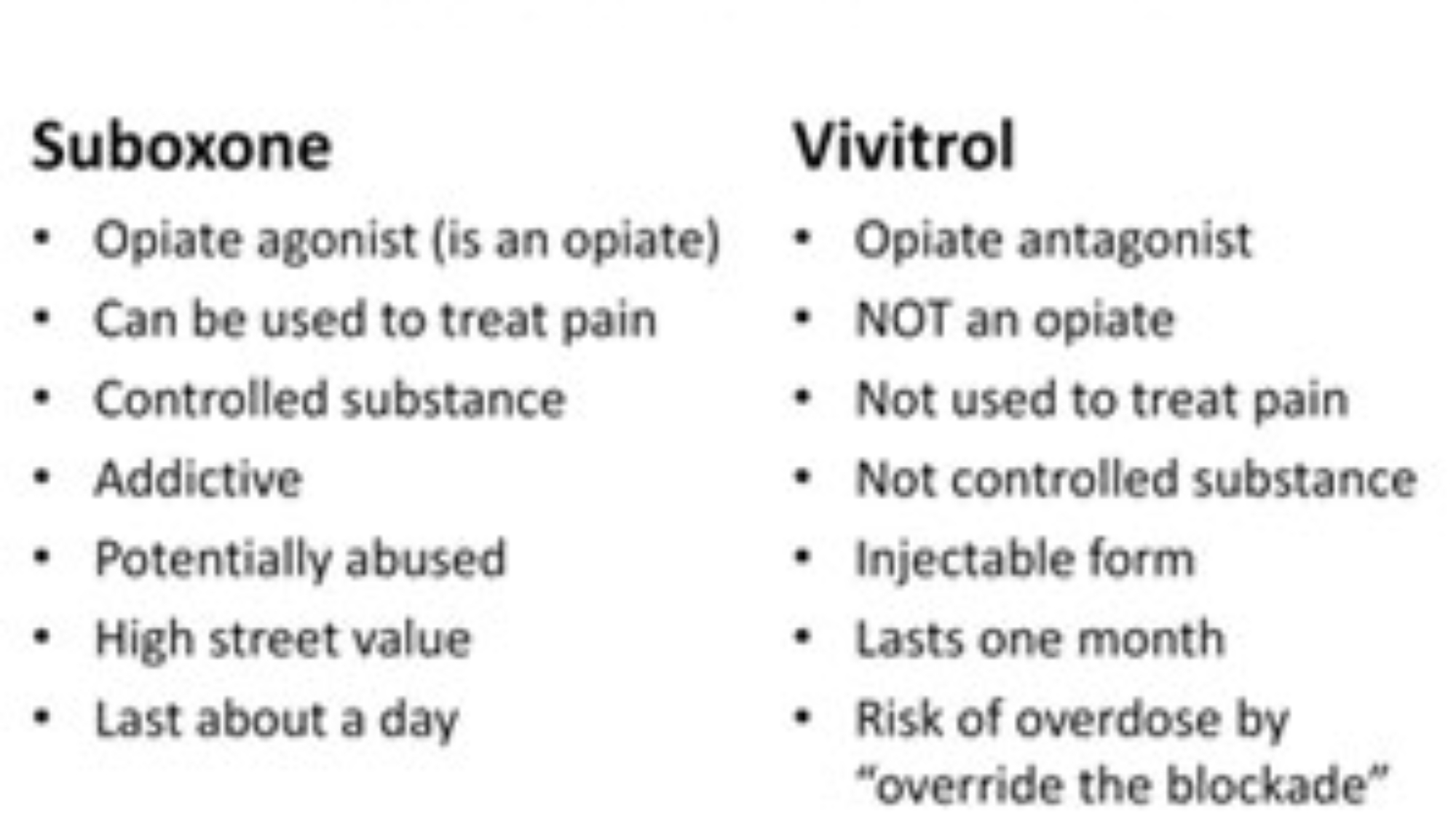The withdrawal process for substance abuse can be painful or, in some cases, even fatal. As a result, there are several medications to help that are used within medically controlled environments. These medications assist people with the most difficult part of their recovery from drug or alcohol addiction and keep them safe whilst they go through the detoxification process.
Medication-Assisted Treatment: Help with the Symptoms of Withdrawal
Addiction recovery is challenging and success depends both on the substance used and how the individual is assisted with the early symptoms of withdrawal. These cravings and symptoms are the hardest part of recovery and although they are necessary, fear of these can hamper the person’s progress or lead to relapse. Some of the cravings are milder than others and these can be managed without medication. However, some of the withdrawal symptoms can be painful, distressing or deadly and it is here that medication-assisted treatment can help people stay safe and have a more comfortable detox experience.
Medications Used to Manage Withdrawal
The type of medication used will depend on the addiction and the nature and severity of the withdrawal symptoms. Some of the more common types of medication used are:
Vivitrol
Vivitrol is used to block the effects of opioids and is helpful for those with opiate addiction. Unlike other medications, Vivitrol is injected and is only used once a month and it cannot be used until detox has been completed so it is not suitable in the early stages of recovery. Vivitrol is very effective and helps a person maintain their recovery. The main risk is that it can cause a decreased tolerance to opioids so, in the case of a relapse, the risk of overdose is raised.
Methadone
Methadone reduces craving and eases withdrawal symptoms by blocking the action of opioids. However, unlike Vivitrol, it must be taken once each day. There is a slight high produced with Methadone which leaves it open to abuse. It will produce sedative, relaxing and anti-anxiety effects and can give a feeling of euphoria. Additionally, people who use Methadone to withdraw from heroin or other opiates find they then need help to withdraw from the Methadone. However, despite having some withdrawal symptoms these are much less severe.
Narcan (Naloxone)
This medication is used to block or reverse the effect of opioid drugs and delivered by injection – either into a muscle or vein – or by nasal spray. It will only work against opioids and is only designed to be used in cases of overdose so it is very effective in emergencies.. Narcan is not routinely used as a mediation-assisted treatment in detox programs.
Antabuse (Disulfiram)
Antabuse is used specifically to help with alcohol detoxification and acts on the liver to stop it from breaking down a substance called acetaldehyde. This is produced by the body in response to alcohol consumption and if levels build up there can be several unpleasant physical effects. If a person drinks while taking Antabuse they will experience vomiting and other symptoms within around 10 minutes. The drug stays in the body for many weeks after it is last taken so if a person consumes alcohol at all within that time they will experience these negative effects. This is what makes the drug an effective deterrent and causes the person to completely avoid alcohol.
If you have any questions regarding withdrawal, detox or the drugs used in medication-assisted treatment contact us at The Last House and ask to speak to one of our admissions counselors.


Leave Your Comment